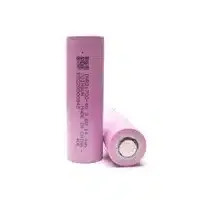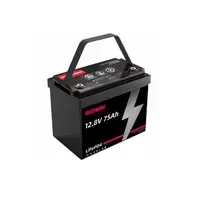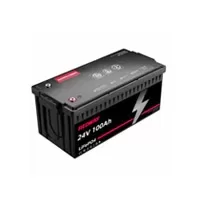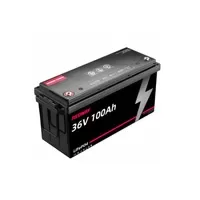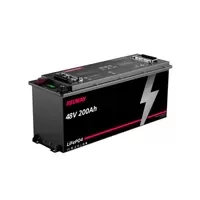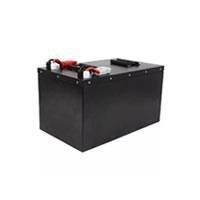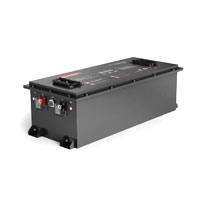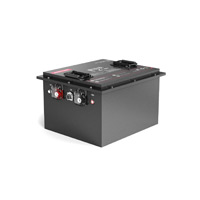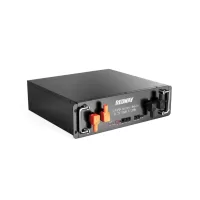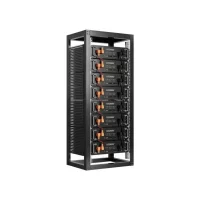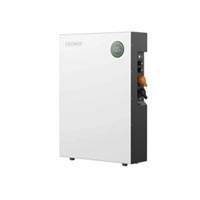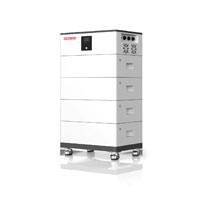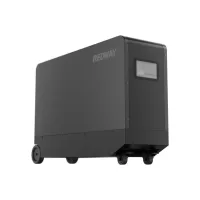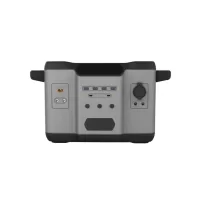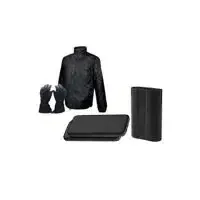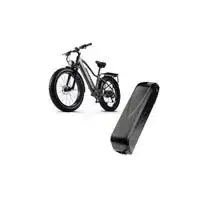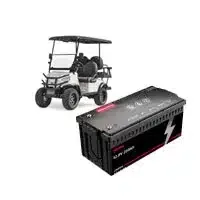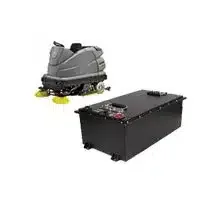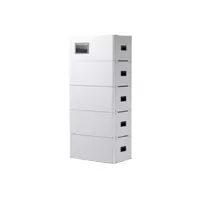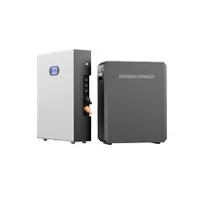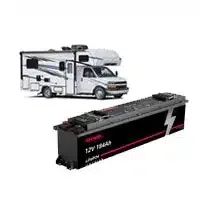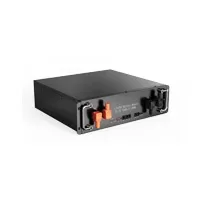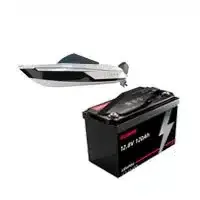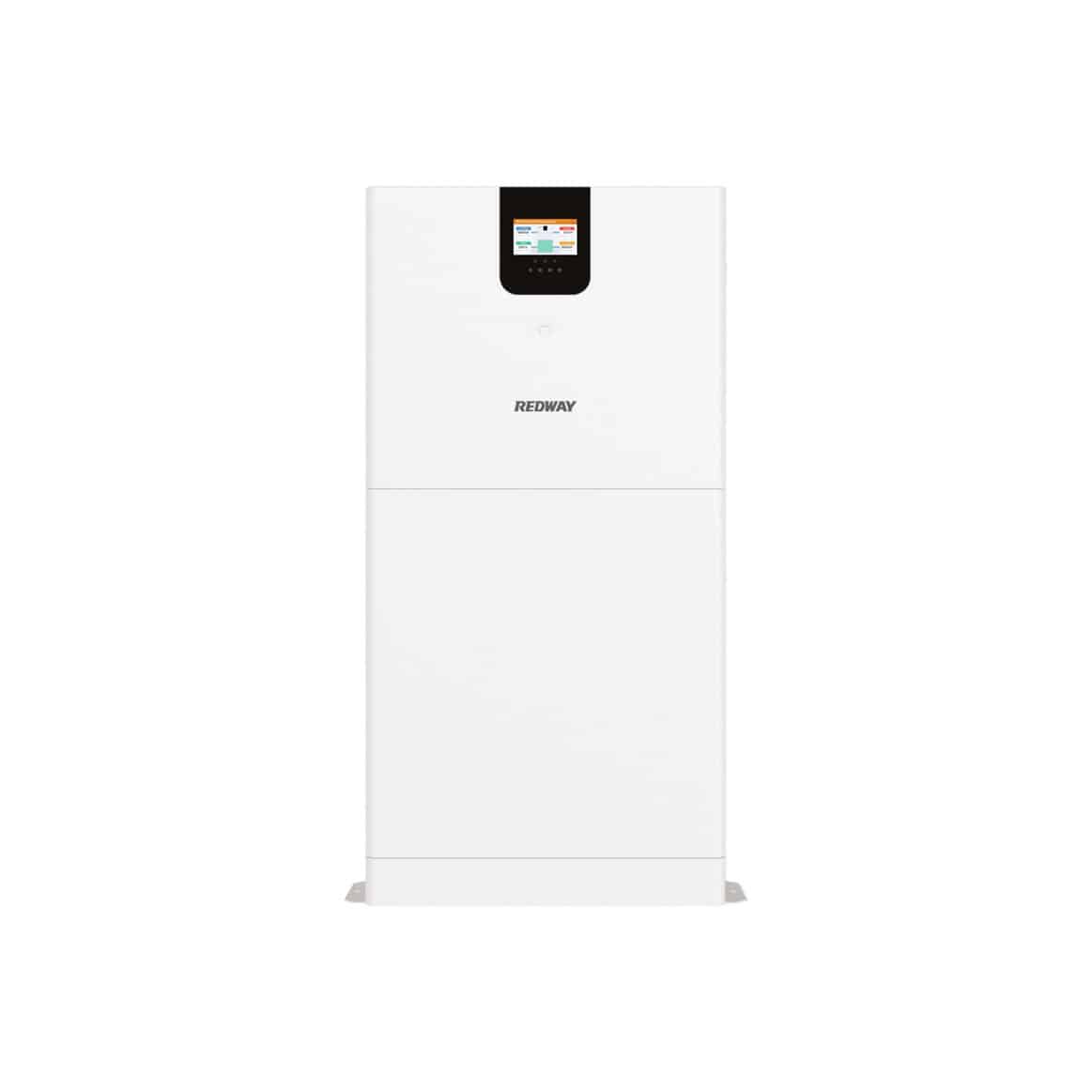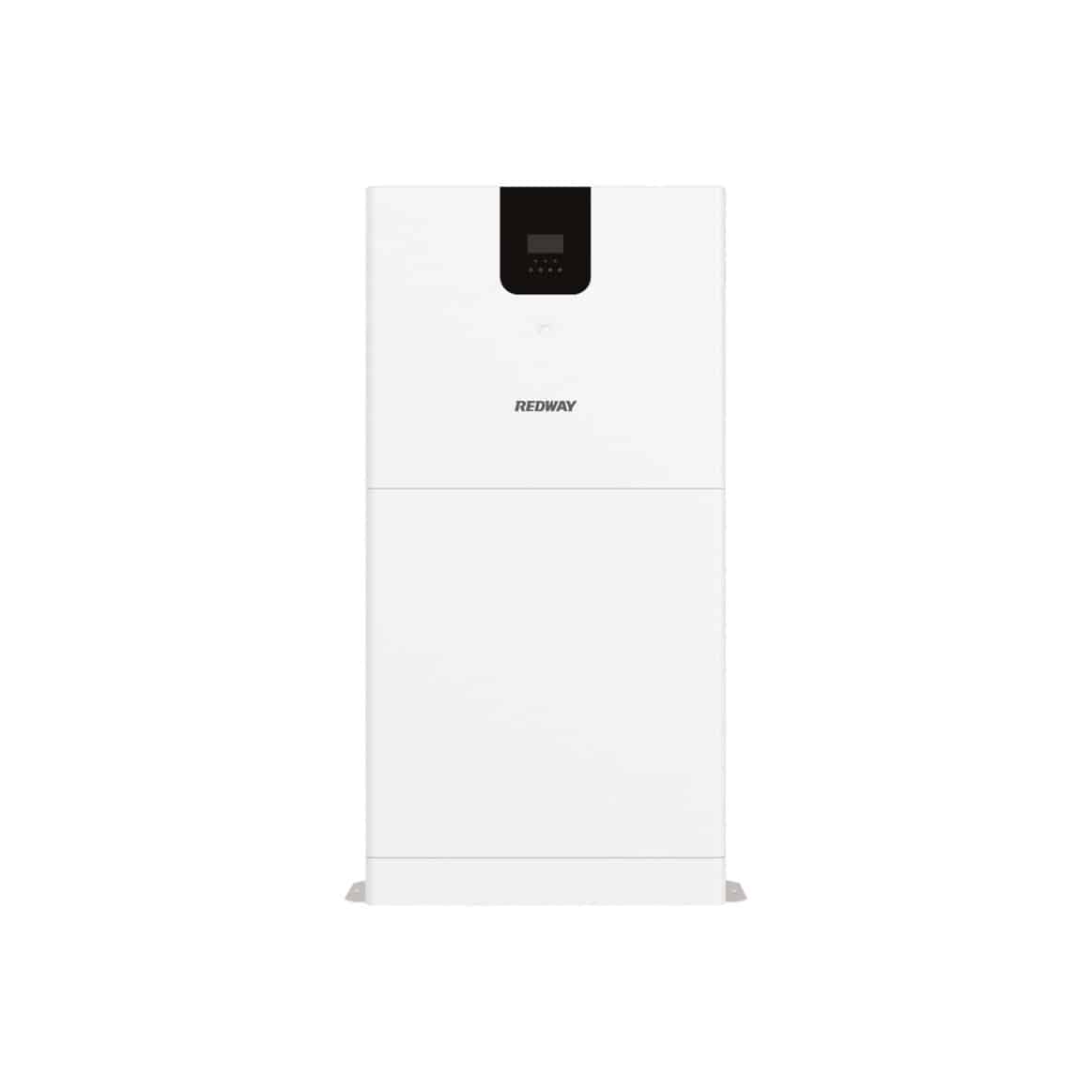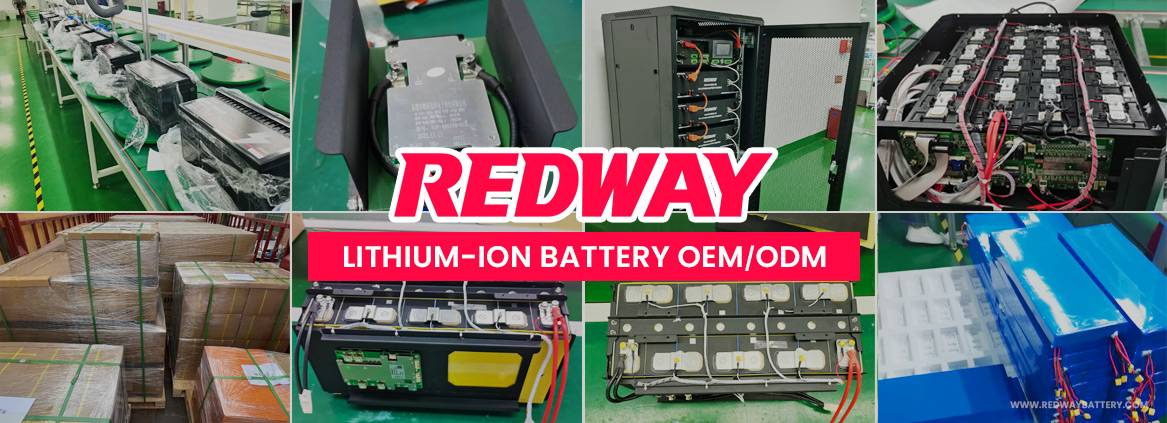- Home
- About Us
- Products
- 12V LiFePO4 Batteries
- 24V LiFePO4 Batteries
- 36V LiFePO4 Batteries
- 48V LiFePO4 Batteries
- 60V LiFePO4 Batteries
- 72V LiFePO4 Batteries
- Golf Cart Lithium Battery
- Lithium Battery Module
- Server Rack Batteries
- Power Storage Wall
- Power Trolley
- All-in-One Home ESS (Energy Storage System)
- Portable Power Station
- Solutions
- Heated Apparel Battery
- LiFePO4 eBike Batteries
- LiFePO4 Golf Cart Batteries
- LiFePO4 Floor Cleaning Machine Batteries
- LiFePO4 Forklift Batteries
- LiFePO4 High Voltage Batteries
- LiFePO4 Marine Batteries
- Portable Power Station
- LifePO4 Power Trolley
- Power Storage Wall
- LiFePO4 RV Batteries
- Rack-Mounted Battery Module
- OEM/ODM
- Blog
- Case
- Contact
EOV LiFePO4 Battery Manufacturer Supplier Wholesale
As a leading player in the energy storage landscape, Redway Battery takes pride in its role as the premier EOV LiFePO4 Battery Manufacturer, Supplier, and Wholesale expert. Our commitment to excellence is evident in the superior quality of LiFePO4 batteries that we offer. With a focus on innovation and sustainability, Redway Battery ensures that each product meets the highest industry standards, delivering reliable and efficient performance. Partner with us for a collaborative journey towards a greener and more advanced future in energy storage. Redway Battery stands as your trusted source, providing cutting-edge EOV LiFePO4 batteries for a wide range of applications.
Related Products:
Related Search:
48v LiFePO4 Batteries Manufacturer Factory Supplier, All-in-One LiFePO4 Batteries Manufacturer Factory Supplier, China Lithium Iron Phosphate Battery Factory, Energy Storage System Manufacturer Wholesale Supplier, EOV LiFePO4 Battery Manufacturer Supplier Wholesale, ESS LiFePO4 Battery Manufacturer Supplier Wholesale, Home ESS Lithium Ion Batteries Manufacturer Factory, Wholesale 12v 7ah Battery Lithium Supplier, Wholesale 48v Lithium Battery Wholesale Price Manufacturer
Why choose 2 100Ah over 1 200Ah battery?
- Flexibility and Redundancy: Two 100Ah batteries allow load distribution and provide backup in case of a battery failure.
- Simplicity and Space-Saving: Opting for a single 200Ah battery simplifies the setup and reduces installation space requirements.
By considering factors like load distribution, redundancy needs, simplicity, and space constraints, you can make an informed decision on whether to choose two 100Ah batteries or one 200Ah battery.
Should LiFePO4 be charged to 100%?
LiFePO4 batteries can be safely charged to 100% capacity without damage. However, it is important to follow proper charging methods to prevent overcharging. LiFePO4 batteries have a recommended voltage range for charging, typically between 3.2V and 3.6V per cell. Overcharging, which occurs when the voltage exceeds this range, can negatively impact the battery’s lifespan. To ensure optimal performance and longevity, use chargers specifically designed for LiFePO4 batteries and adhere to the manufacturer’s guidelines for charging.
Do 12V LiFePO4 batteries need venting?
No, 12V LiFePO4 batteries do not need venting. LiFePO4 batteries have a unique chemistry that does not generate dangerous or toxic gases. They are considered to be safe and stable, with advanced safety features. Unlike other battery types, LiFePO4 batteries have a low risk of pressure build-up or explosions, eliminating the need for venting. You can confidently use 12V LiFePO4 batteries without the concern of venting requirements.
Do LiFePO4 batteries discharge when idle?
LiFePO4 batteries have a low self-discharge rate, meaning they retain their charge for a longer time when idle. While there is some minimal self-discharge over time, it is negligible for most purposes. It is still advisable to periodically check and recharge idle LiFePO4 batteries to maintain optimal performance.
- Low Self-Discharge: LiFePO4 batteries have a minimal self-discharge rate when idle.
- Retain Charge: They can retain their charge for a longer period compared to other battery types.
- Periodic Recharge: It is recommended to periodically check and recharge idle LiFePO4 batteries for optimal performance.
Keep your LiFePO4 batteries in good condition by understanding their low self-discharge rate and the importance of periodic recharging.
Is it safe to leave 12V LiFePO4 on charger?
- Safety in Leaving on Charger: It is generally safe to leave a 12V LiFePO4 battery on the charger for an extended period.
- Lower Risk of Overcharging: LiFePO4 batteries have a lower risk of overcharging and thermal runaway compared to other battery types.
- Modern Charger Features: Most chargers are equipped with safety features to prevent overcharging.
To ensure the longevity and safety of your 12V LiFePO4 battery, it is still recommended to remove it from the charger once it is fully charged.

